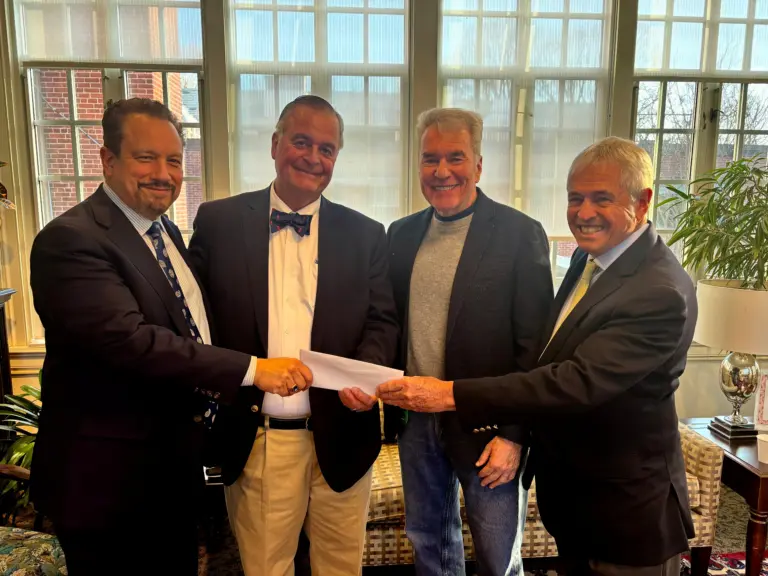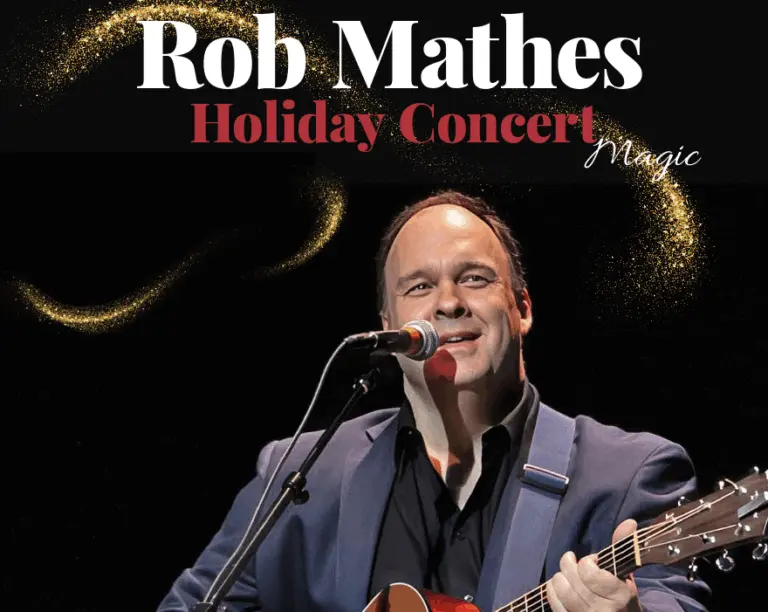By Marek Zabriskie
This Sunday is the first day of a Christian New Year. It is the first Sunday of Advent. A new cycle of days and months that will unfold for Christians as we mark the seasons of Advent, Christmas, Epiphany, Lent, Easter and Pentecost.
The Church Year is a spiritual pilgrimage, a sacred timeline where we travel by heart and soul rather than on foot. Our journey brings us closer to Jesus, closer to God and closer to each other.
As we walk the pilgrim’s path we learn about healing and hurt, faith and forgiveness, grace and gratitude, wholeness and humility. Advent reminds us that life is a spiritual pilgrimage in which we are never truly alone.
We search relentlessly for peace until we learn to be content with what we already have. That is the essence of happiness. We wander in the wilderness until we finally accept that God accepts and blesses us for who we are and learn that we were put on earth to bless each other.
On Christmas Eve 1622, the Bishop of Winchester in England, Lancelot Andrewes, delivered a sermon as King James I listened to his favorite preacher proclaim the mystery of God in Advent. Andrewes recounted the journey of the Magi and said:
A cold coming we had of it,
Just the worst time of the year
For a journey, and such a long journey:
The ways deep and the weather sharp,
The very dead of winter.
In 1927, T.S. Eliot wove Andrewes’ words into his poem “Journey of the Magi.” The Church wisely encourages us to pause in our journey during the season of Advent in order to wait, watch and keep silent so that we may hear the music of the heart.
The fourteenth-century German mystic, Meister Eckhart, claimed that “nothing in all of creation is so like God as stillness.” You can experience it on one of these crisp New England nights at this time of year when the wind whistles through the trees stripped of their foliage and lit by a full moon.
Those who make divine journeys are called pilgrims. Like Dante in the Commedia, they learn to see the stars and walk in their light in order to escape the dark wood as the journey in search of paradise.
The early Christians were not called disciples, but rather “people of the Way.” They were on a journey of faith. Life for them was always an advent – a perpetual new beginning with each day full of hope. The birth and death of Jesus had transformed their worldview.
Time had touched eternity. Mortal lives had melded with immortal love. The human and the divine had encountered one another.
The early Christians never stood still. Even when they stopped moving they were still changing and being transformed. Their lives were an outward and inward pilgrimage. Even when they set down roots, they were changing internally and spiritually. They were pilgrims.
An early Irish hymn attributed to St. Columba, one of the earliest missionaries, who left Ireland around 560 A.D. to bring Christianity to Scotland, reminds us that we never travel alone.
Alone with none but thee, my God,
I journey on my way;
What need I fear, when thou art near,
O King of night and day?
More safe am I within thy hand,
Than if a host did round me stand.
Our births and deaths are similar, but our voyages vary. Each of us is unique. We make our own journey in life, but we are never alone on our pilgrimage. God is our constant companion. Our pilgrim’s path may lead us through peak moments and strained relationships, unexpected gifts and tragic losses, great success and the demise of dreams, becoming lost and finding our way again.
In Advent we recommence our pilgrimage, hoping each year to enter deeper into the story of sacred truth, which like the Celtic knot has no end.
“Old men ought to be explorers,” wrote T.S. Eliot. What are we to explore? We explore the mystery that lies inside us and beyond us – the beauty of creation, the flight of wild geese that land in a frost covered field to forage for food among the fallen cornstalks before flying further south.
We admire the beauty of a wife whose grace abounds with each succeeding year and fills our home with joy. We explore beauty with our children and grandchildren, who teach us how to live and laugh and see the world with eyes of wonder.
Edwin Muir, the English poet grew up in a remote home on a remarkable island in the Orkneys, where he cherished an idyllic childhood that haunted him for the rest of his life. He wrote,
To find the secret place
Where is my home.
Isn’t that the goal of this earthly pilgrimage – to find a place that feels like home, where we are meant to be? We make a long journey and suddenly arrive at our destination to discover a place where prayer is true and where the spirit hovers in the air, like a hummingbird drawing nectar from a flower, where people are striving to lead authentic lives and where the love of God comes alive inside us.
Life is an Advent, a new beginning. “In my beginning is my end,” writes Eliot.
Everything is gained when we venture forth. The journey shapes us. It allows us to see what we have left behind and to value it for the first time. Eventually, if we are fortunate, we realize that we are all pilgrims on a journey learning lessons about love, and Advent is where the journey begins.
The Rev. Marek P. Zabriskie is Rector of Christ Church Greenwich and the editor of The Bible Challenge books by Forward Movement.




